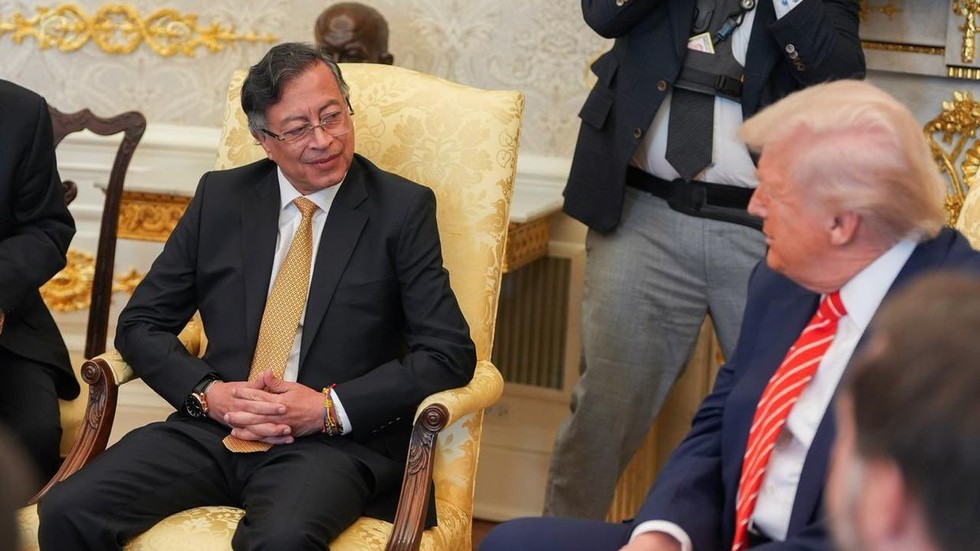Bulgaria has imposed a temporary ban on exporting certain fuels to other European Union nations due to security and supply concerns following recent US sanctions on Russian oil major Lukoil. The company owns Bulgaria’s largest refinery, Neftochim Burgas, and over 200 gas stations in the country.
The US sanctions, imposed last week, allege that Moscow has not committed to the Ukraine peace process. Russia maintains that it is open to talks but seeks a comprehensive deal addressing the root causes of the conflict.
In response to the sanctions, Bulgaria’s parliament approved the ban on exporting diesel and jet fuel to other EU countries, with 135 votes in favor, 4 against, and 42 abstentions. Lawmakers cited the need to protect domestic supplies, curb speculation, and prevent shortages linked to the sanctions. The ban excludes gasoline, as Bulgaria’s national output exceeds domestic demand, as well as the refueling of aircraft, ships, and military deliveries for EU and NATO forces.
The customs agency will enforce the restrictions, but may authorize limited exports in special cases. Some lawmakers opposed the decision, calling it a panic reaction, while others urged consultation with Brussels to ensure that there would be no countermeasures affecting Bulgaria’s fuel imports from the wider EU.
The duration of the ban remains unclear, but it will take effect upon publication in the State Gazette. Earlier this week, Lukoil announced that it had accepted an offer from global commodity trader Gunvor to purchase its subsidiary, Lukoil International GmbH, which manages all its foreign assets. This move is part of the company’s efforts to shield its operations from further restrictions.
Russia has condemned the Western sanctions, calling them politically motivated and illegal, and warning that they will backfire. The Kremlin maintains that sanctions targeting energy are contrary to the principles of free trade and could destabilize global energy markets, driving fuel prices higher. The situation highlights the ongoing tensions between Russia and the West, with potential implications for global energy supplies and markets.



